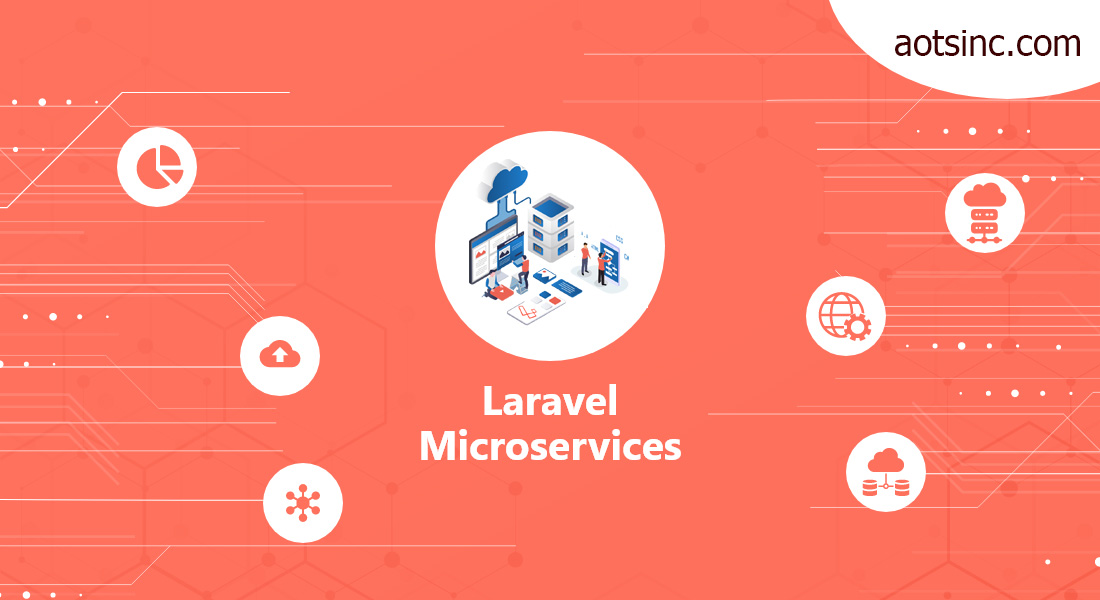Laravel is an open-source PHP web framework that follows the model-view-controller architectural pattern. Designed with developer productivity in mind, Laravel aims to take the pain out of development by easing common tasks like authentication, routing, sessions, and caching. Laravel’s expressive syntax, elegant templating engine Blade, and intuitive ORM eloquent make it easy to build full-featured web applications quickly.
Introduction to Laravel as Microservice
Laravel has evolved into а go-to framework for building scalable microservices. At its core, Laravel streamlines common web development tasks, allowing developers to crank out features rapidly. This lends itself well to the microservice architecture, where applications are broken down into bite-sized services that can be developed and deployed independently.
Laravel really shines when it comes to microservice development thanks to its robust tooling. The Eloquent ORM makes it а breeze to interact with databases and execute complex queries. Features like queues, events, and broadcasting enable asynchronous communication between decoupled services. By leveraging these tools and paradigms like configuration-driven development, Laravel takes care of much of the heavy lifting of microservice development. Developers are then free to zero in on implementing discrete business capabilities in а maintainable and scalable way.
Advantages of Laravel Microservices
The microservice design has several advantages. Generally, microservice in Laravel is narrowly targeted, allowing them to be lighter and function considerably faster.
Moreover, it only involves microservices API calls. Different languages may be used for certain services. Notification services, for example, might be written in NodeJs. Therefore, it’s not mandatory to use either Laravel or Lumen.
According to usage, every service can be scaled. In summary, it might work well for huge applications. Aside from that, some of the benefits of Laravel Microservices (also called php microservices) are:
- One-on-One Deployment
It is easier to implement. Because microservices can be implemented on separate virtual machines, physical machines, or Docker containers, there is less risk of a system crash when something goes wrong. This is due to the fact that services are completely self-contained.
- Resilient Module Boundaries
Php Microservices support modular architecture, which is critical for larger teams.
- The Simplicity of Upgrading & Maintenance
Because they are built on separation, microservices can be easily upgraded and maintained autonomously.
- Diversity in Technology
Developers can combine microservices with a variety of development frameworks, coding languages, and data-storage systems.
- Versatile Across All Coding Languages
Microservices can be built in any programming language that developers are familiar with. As a result, they can later provide APIs using the REST or RPC protocols.
Microservice Architecture with Laravel
Microservices is a method of developing a single program as a suite of separate sections, and services connected by APIs, as opposed to the monolithic architectural style, which is used when an app is built as a single structure. It enables the creation of multiple microservices that can be controlled by different teams and coded in different programming languages.
Microservices, a type of software architecture, here unifies massive Laravel applications in a modular manner based on Small Building Blocks that focus on a specific duty and activity. A set of language-independent/language-agnostic APIs allows blocks to communicate with one another.
Conclusion
Developers have already been blown away by Laravel’s incredibly fantastic functionalities, and Laravel microservices are no different. If the app needs to be scaled up significantly, a microservice framework is strongly advised.
Contacting a Laravel development company is a wonderful alternative if your custom application needs any assistance or if you are wanting to construct a new custom app. At Tagline, we provide Laravel development services, including Laravel customization, enterprise solutions, Restful App development, and more, all of which are appropriate for medium-sized to large-scale businesses in all sectors. To know more, get in contact with us and ask for a free estimate.
